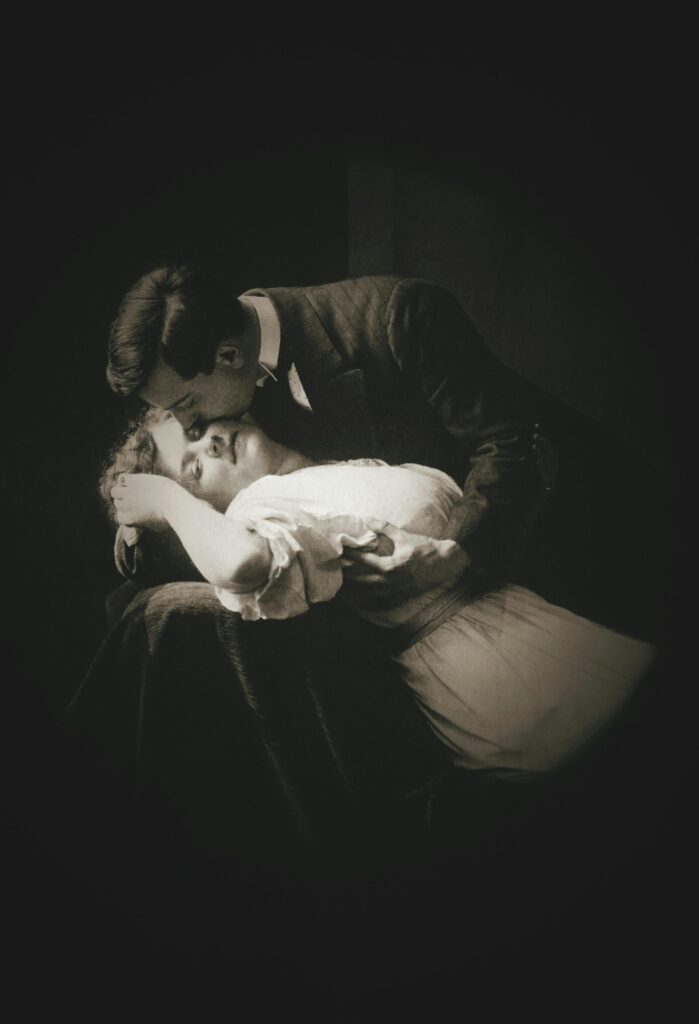Liesl Karlstadt was definitely unhappy. She and Valentin had an affair. Karlstadt fell in love, Valentin sent her a bottle of champagne for Christmas 1919: “And one day, together, we will drink it full of pleasure.” He did not divorce the mother of his two children for her, however.
Hans Valentin and Andreas Karlstadt were both influential figures in the German cultural and religious landscape of the early 16th century, but there is no credible historical evidence to suggest that they were a romantic couple, either on stage or privately. Their relationship was primarily professional, rooted in their shared commitment to religious reform and their involvement in theatrical performances that aimed to communicate reformist ideas.
Hans Valentin, a lesser-known figure, and Andreas Karlstadt, a prominent theologian and reformer, worked in a period marked by upheaval and intellectual ferment. Karlstadt was a close associate of Martin Luther and played a significant role in the Protestant Reformation. He was also known for his involvement in theatrical and satirical performances designed to challenge the Catholic Church’s practices and to engage the public in religious discourse. These performances often used humor, satire, and drama to make complex theological ideas accessible and compelling.
Their collaborations on stage were primarily ideological and reformist rather than romantic. The theatrical productions they participated in aimed to educate and persuade audiences about the need for reform, and their relationship was rooted in shared beliefs and goals. There is no historical documentation indicating that their interactions extended beyond this professional context into personal or romantic spheres.
Regarding the personal lives of Valentin and Karlstadt, historical records focus mainly on their contributions to religious reform and theater. There are no credible sources that record a romantic relationship, affair, or any personal intimacy between the two. The idea that they might have been a couple appears to stem from later myths, fictional accounts, or misunderstandings of their relationship.
In contrast, stories involving Liesl Karlstadt, a Bavarian actress and comedian from the early 20th century, are entirely unrelated to the figures of Valentin and Karlstadt from the 16th century. Some anecdotes and personal stories about Liesl Karlstadt, including her relationships with other performers, are part of her biography, but these have no bearing on the historical figures of Valentin and Andreas Karlstadt.
The notion that Valentin and Karlstadt were romantically involved likely arises from misunderstandings or later romanticized narratives that seek to sensationalize historical figures. There are no contemporary sources letters, diaries, or official records that suggest any personal or romantic relationship between them. Their association was fundamentally based on their reformist activities and theatrical collaborations rather than personal intimacy.
Valentin and Karlstadt were colleagues and collaborators in the realm of religious reform and theatrical performance, but there is no credible evidence to support the idea that they were a romantic couple, whether on stage or in private life. Their joint legacy is best understood within the context of their shared commitment to reformist ideals and innovative theatrical methods to communicate social and religious messages.



